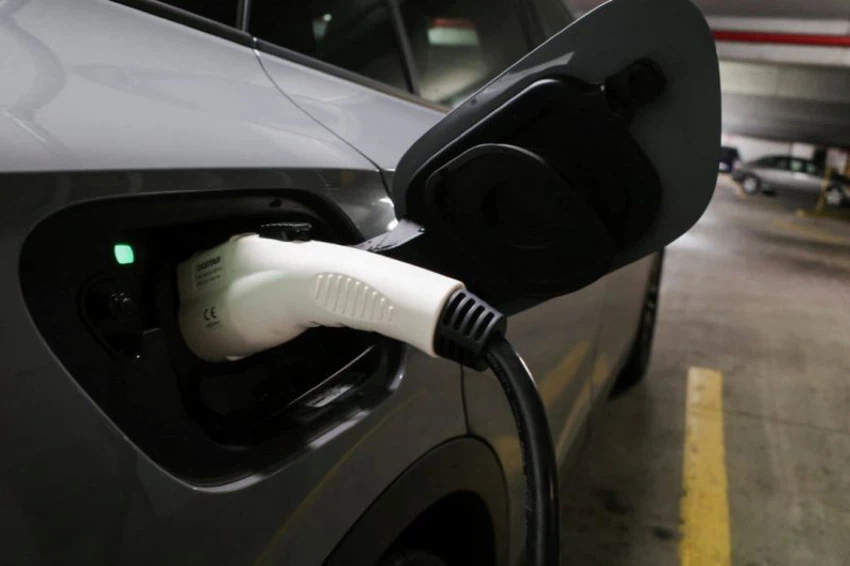What happens to electric cars when temperatures drop to their lowest levels?
Arab Weather - Electric cars are becoming increasingly popular in Europe, with estimates indicating that their market share will rise to 20% in 2024 compared to 14% in 2023. However, winter raises questions about the extent to which their performance is affected by cold weather conditions.
The effect of cold weather on the performance of electric cars
Electric cars rely on front-wheel or all-wheel drive, which helps them drive on icy roads. The battery is also located low in the center of the car, which gives it extra stability. However, their heavy weight compared to internal combustion engine cars makes them more difficult to control in the event of a skid.
Cold weather negatively affects all cars, whether electric or fuel-powered, reducing their efficiency compared to moderate weather.
How does cold affect electric car batteries?
- Battery capacity decline: In winter, the battery's ability to store and discharge electricity decreases, leading to:
- Extended recharging time: Slow charging due to the effect of extreme cold on the charging points.
- Poor chemical reaction inside the battery, which reduces its efficiency.
- Reduced driving range: According to tests by the Norwegian Automotive Federation (NAF), electric cars lose between 10% and 30% of their declared driving range during winter. For example:
- Maxus Unique 6 lost 10.5% of its range.
- The Tesla Model S traveled 530 kilometers instead of 634, a loss of 16.4%.

Solutions to improve the performance of electric cars in winter
- Battery and range protection
- Park the car indoors: It is preferable to keep the car in a garage or covered area to reduce the effect of cold on the battery.
- Pre-heating Scheduling: During overnight charging, heating can be set to prepare the vehicle before driving using electricity from the charger instead of the battery.
- Reduce interior heating use: Use seat and steering wheel heating instead of heating the entire cabin to save energy.
- Use of heat pumps: Cars equipped with a heat pump manage battery heating more efficiently.
- Check tire pressure: Improperly inflated tires consume more power from the battery, so they should be checked periodically.
Winter Driving Tips
- Drive with caution: Reduce speed when driving on snow-covered or icy roads.
- Activate the Eco mode: It is recommended to use this mode to save electricity, increase driving range and reduce torque.
- Winter Tires: Using tires designed for winter or all-seasons provides better stability on slippery roads.
By following these tips, you can improve the performance of electric cars and maintain their efficiency during the harsh winter.
See also:
When the temperature exceeds 35 degrees Celsius, what happens to electric cars?
The difference between European and Chinese electric car specifications
Browse on the official website